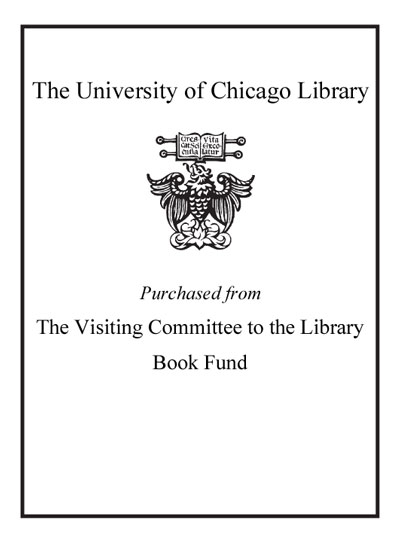Conflict resolution and human needs : linking theory and practice /
| Imprint: | Milton Park, Abingdon, Oxon : Routledge, 2013. |
|---|---|
| Description: | xvi, 245 pages : illustrations ; 25 cm. |
| Language: | English |
| Series: | Routledge studies in peace and conflict resolution Routledge studies in peace and conflict resolution. |
| Subject: | |
| Format: | Print Book |
| URL for this record: | http://pi.lib.uchicago.edu/1001/cat/bib/9118546 |
| Summary: | This edited volume examines Basic Human Needs theory and interactive problem solving, looking at recent developments in thinking about both and how these might affect peacebuilding in contemporary conflicts of the twenty-first century. The era in the immediate aftermath of World War II was, paradoxically, a time of great optimism in parts of academia. There was, especially in the United States and much of Europe, a widespread belief in the social sciences that systematic scholarly analysis would enable humanity to understand and do something about the most complex of social processes, and thus about solving persistent human problems: unemployment, delinquency, racism, under-development, and even issues of conflict, war and peace. This book examines the evolution of the Basic Human Needs theory and is divided into two key parts: Basic Human Needs in Theory and Basic Human Needs in Practice. Exploring this theory through a wide range of different lenses, including gender, ethics and power, the volume brings together some of the leading scholars in the field of peace and conflict studies and draws upon research both past and present to forecast where the movement is headed in the future. This book will be of much interest to students of peace and conflict studies, conflict resolution, psychology, security studies and IR. |
|---|---|
| Physical Description: | xvi, 245 pages : illustrations ; 25 cm. |
| Bibliography: | Includes bibliographical references and index. |
| ISBN: | 9780415629904 041562990X 9780203098219 0203098218 |

